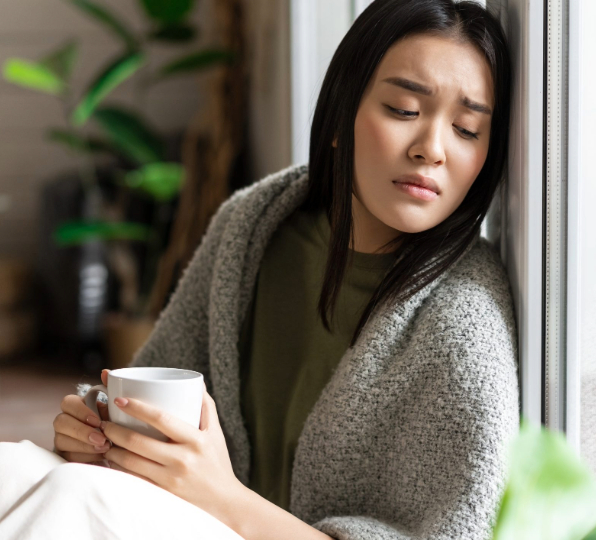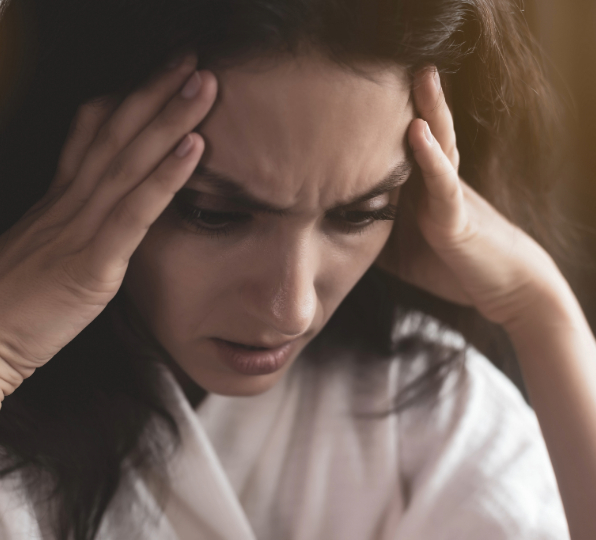Introduction:
Our mental health may suffer from the stressors and fast-paced environment we live in. It’s normal to have periods of intense worry or fear, but when these emotions worsen and become a full-blown attack, it’s critical to recognize the problem and take appropriate action. Though they have different meanings, the terms “panic attack” and “anxiety attack” are frequently used synonymously. Let’s examine the subtle differences between each and discover how to identify and effectively handle them.
1. What is a Panic Attack?
Panic attacks are intense episodes of fear or discomfort that reach a peak within minutes. They often come on suddenly, without warning, and can be incredibly frightening for the person experiencing them. Symptoms of a panic attack may include:
- Rapid heartbeat: Feeling like your heart is racing or pounding out of your chest.
- Shortness of breath: Difficulty breathing or a sensation of suffocation.
- Sweating: Profuse sweating, even in cool environments.
- Trembling or shaking: Uncontrollable trembling or shaking of the body.
- Chest pain or discomfort: A feeling of pressure or pain in the chest.
- Dizziness or lightheadedness: Feeling faint or dizzy, sometimes leading to a fear of passing out.
- Fear of losing control or dying: A pervasive sense of impending doom or fear of death.
2.What is an Anxiety Attack?
Anxiety attacks, on the other hand, are often less intense than panic attacks but can still be distressing. Unlike panic attacks, anxiety attacks tend to develop gradually and are often triggered by specific stressors or situations. Symptoms of an anxiety attack may include:
- Excessive worry or apprehension: Feeling intensely worried or on edge.
- Restlessness: Difficulty sitting still or feeling the need to constantly move.
- Muscle tension: Tightness or tension in the muscles, particularly in the shoulders, neck, or jaw.
- Irritability: Feeling easily frustrated or agitated.
- Difficulty concentrating: Trouble focusing on tasks or thoughts.
- Fatigue: Feeling tired or lethargic, even after adequate rest.
- Sleep disturbances: Difficulty falling asleep or staying asleep.
Key Differences Between Panic Attacks and Anxiety Attacks
While panic attacks and anxiety attacks share some common symptoms, there are several key differences that distinguish them:
- Onset: Panic attacks typically come on suddenly and reach a peak within minutes, while anxiety attacks develop more gradually in response to specific stressors.
- Intensity: Panic attacks are often more intense and overwhelming, with symptoms that may feel life-threatening, whereas anxiety attacks are usually less severe but can still be distressing.
- Duration: Panic attacks tend to be shorter in duration, lasting anywhere from a few minutes to around 20 minutes, while anxiety attacks may persist for longer periods, depending on the trigger and individual response.
- Triggers: Panic attacks often occur without an obvious trigger or in response to perceived threats, while anxiety attacks are usually triggered by specific stressors or situations.
Managing Panic and Anxiety Attacks
Regardless of whether you’re experiencing a panic attack or an anxiety attack, there are several strategies you can employ to help manage symptoms and regain a sense of control:
- Deep breathing exercises: Practice slow, deep breathing to help calm the body’s stress response and reduce symptoms of hyperventilation.
- Grounding techniques: Focus on your immediate surroundings by engaging your senses—identify five things you can see, four things you can touch, three things you can hear, two things you can smell, and one thing you can taste.
- Progressive muscle relaxation: Tense and relax each muscle group in your body, starting from your toes and working your way up to your head, to release physical tension.
- Mindfulness and meditation: Practice mindfulness techniques or guided meditation to cultivate present-moment awareness and foster a sense of calm.
- Seeking professional help: If you experience frequent or severe panic or anxiety attacks, consider reaching out to a mental health professional for support and guidance. Therapy, medication, or a combination of both may be recommended to help manage symptoms effectively.


Conclusion:
In conclusion, getting wet in the rain does not directly lead to illness. Colds and other infections are caused by viruses, and the body’s immune system plays a crucial role in preventing illness. It’s essential to focus on overall health, hygiene habits, and understanding the science behind sickness to dispel the age-old myth that rain can make you sick. So, the next time you find yourself caught in a downpour, feel free to enjoy the rain without worrying about catching a cold.












